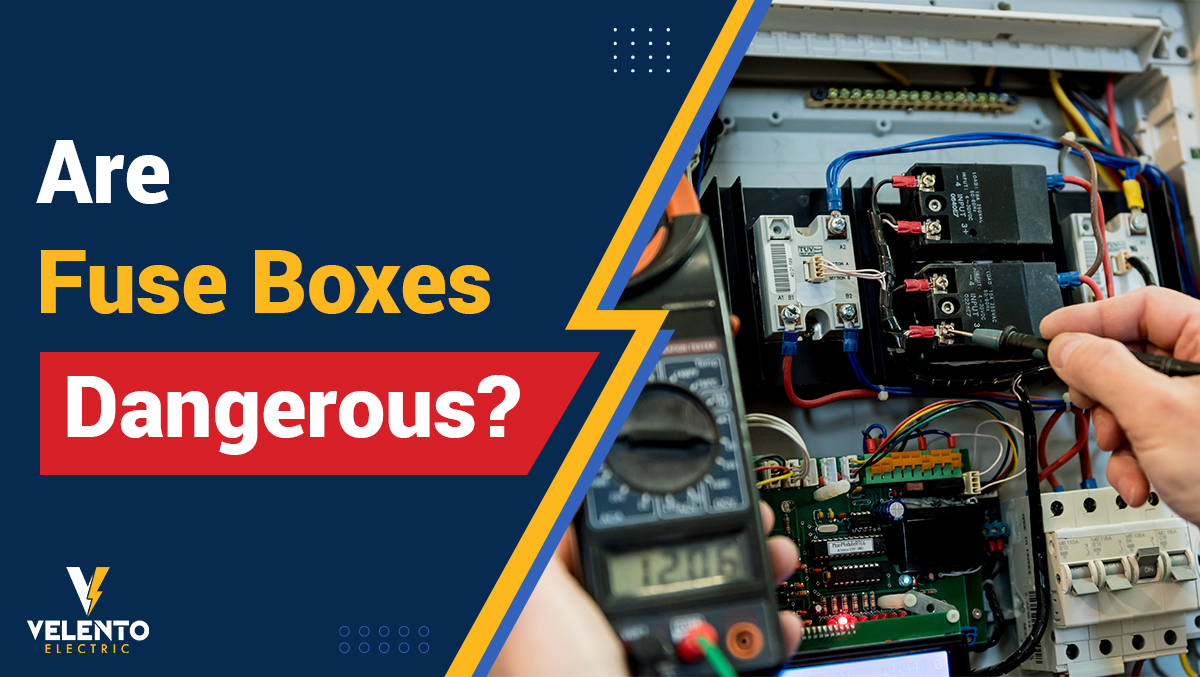We Are an Electrician Company In North Jersey
Our experienced team offers services for both residential and commercial properties.With over 25 years of experience in the industry, we boast all of the knowledge and expertise in repairing.
Our experienced team offers services for both residential and commercial properties.With over 25 years of experience in the industry, we boast all of the knowledge and expertise in repairing.
Working Hours : Monday to Friday (9am - 5pm)

Fuse boxes, also known as fuse panels, can be dangerous in certain situations, especially if they are old, poorly maintained, or not up to modern electrical standards. Here are the key risks associated with fuse boxes and why they can be dangerous:
Upgrading from a fuse box to a modern circuit breaker panel offers numerous benefits that enhance the safety, functionality, and future viability of your home’s electrical system. The primary reasons for upgrading include reducing the risk of electrical fires, improving energy efficiency, and providing compatibility with modern electrical appliances and renewable energy solutions. Additionally, circuit breaker panels offer convenience, as they eliminate the need for replacing fuses, provide real-time energy monitoring, and ensure compliance with current safety codes.
For homeowners considering the long-term investment in their property, upgrading to a circuit breaker panel not only provides immediate safety improvements but also increases the value and marketability of the home. If you live in an older home with a fuse box, consulting a licensed electrician is a critical step to assess the current state of your electrical system and determine the best course of action for protecting your home and family. The benefits of upgrading far outweigh the risks of continuing with an outdated system, making it a smart choice for any homeowner.
